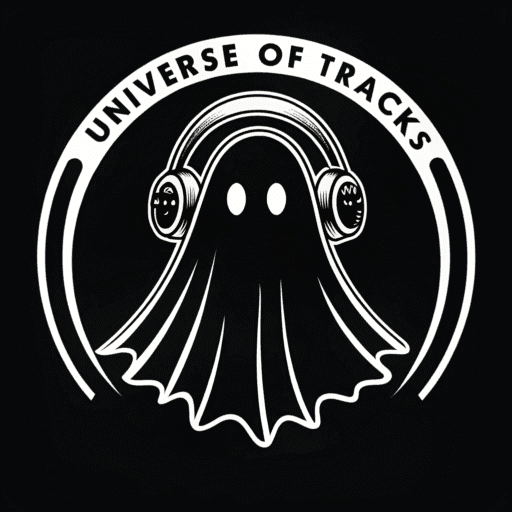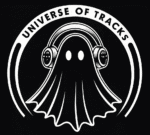Is a Revenue Share Ghost Track a Smart Investment? The Pros & Cons
For years, the ghost production transaction was simple: a large, one-time fee for a finished track. It’s a clean model, but it’s also a high-risk one for the buyer. What if the track doesn’t perform as well as you hoped? That investment is gone.
But a new model is emerging, one based on partnership rather than a simple transaction: the revenue share ghost track. Is it a smarter investment for a serious artist? Let’s break down the pros and cons.
What is a Revenue Share Agreement?
Instead of a large upfront payment (e.g., €1,500), a revenue share deal involves a much smaller initial fee (e.g., €299) to acquire the track’s rights. In exchange, the artist legally agrees to pay the original producer a fixed percentage (e.g., 15-20%) of all future net royalties the track generates from streaming and sales.
The Pros: Why It’s a Smart Investment
1. Dramatically Lower Financial Risk: This is the biggest advantage. You can acquire a world-class production for a fraction of the typical cost. This frees up your budget for what truly matters: marketing, promotion, and building your brand.
2. A Vested Partner, Not Just a Producer: In a standard deal, the producer’s involvement ends once they’re paid. In a revenue share model, the producer is financially invested in the track’s success. They have a real incentive to deliver their absolute best work because they win when you win.
3. Access to Top-Tier Talent: Many elite producers are hesitant to sell their best ideas for a one-off fee. However, they are often very open to a partnership model where they can retain a stake in their creative work. This model can unlock access to a higher caliber of producer.
The Cons: What to Consider
1. Administrative Responsibility: You are responsible for the accounting. This means collecting royalty statements from your distributor (like DistroKid or TuneCore) and making quarterly payments. It requires organization.
2. It’s a Long-Term Relationship: This is a partnership, not a one-time purchase. You are entering into an ongoing business relationship with the producer.
3. The Contract is Everything: The terms must be crystal clear. The percentage, what defines “net receipts,” and the reporting schedule must be explicitly laid out in a legally binding agreement.
Is a Revenue Share Track Right for You?
This model is perfect for the serious artist who has a plan. If you are confident in your ability to market and promote a track, a revenue share deal is an incredibly smart way to manage your budget and build powerful industry partnerships.
It transforms a simple expense into a strategic investment in both a great song and a talented creative partner.
Ready to explore a new way of doing business? Browse our curated list of Revenue Share Tracks and find your next partner in success.

